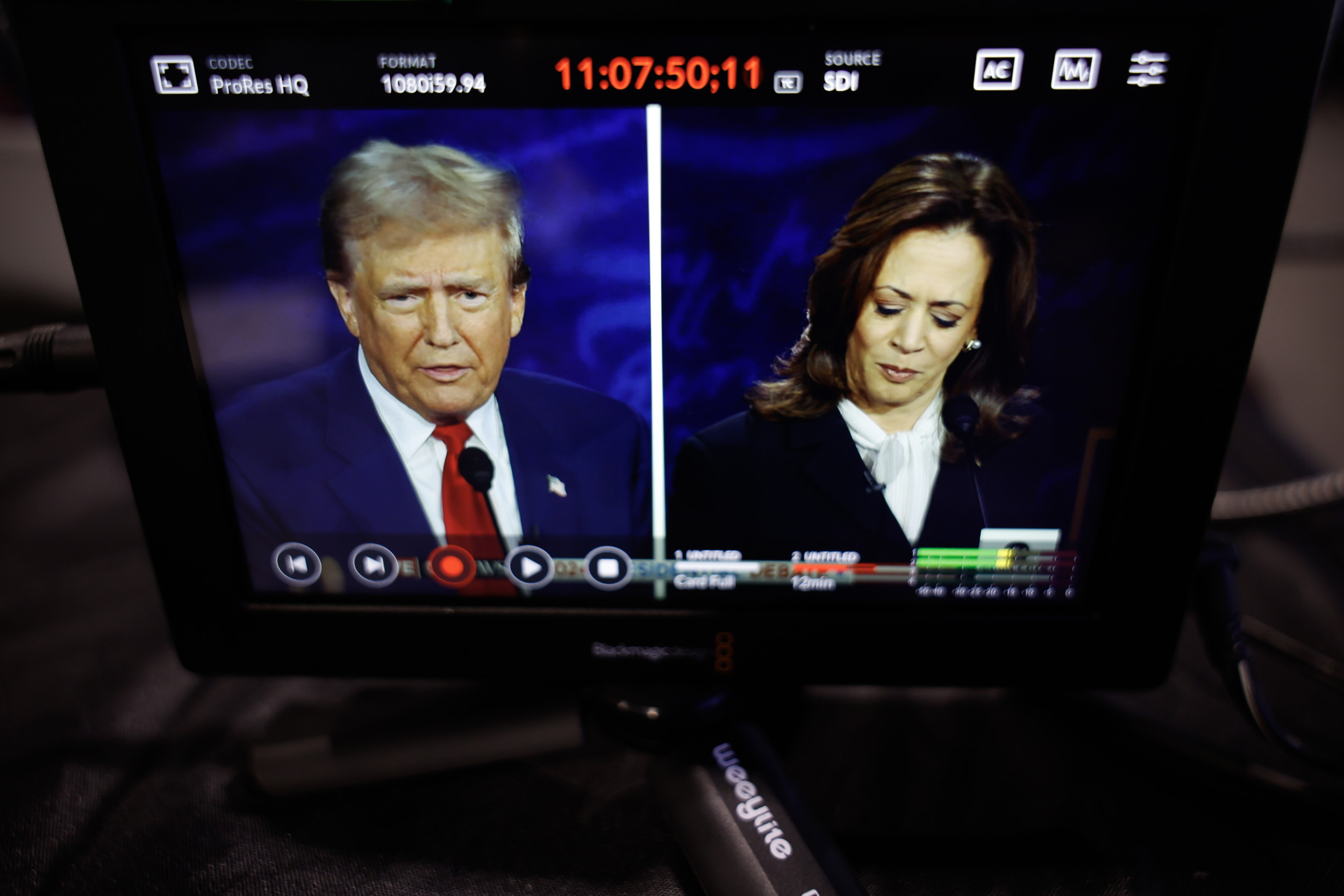Recent polling data indicates a notable trend among young women in the U.S. leaning more left politically. A new Gallup report reveals that a significantly higher percentage of women aged 18 to 29 identify as liberal compared to a decade ago.
Approximately 40% of young women currently self-identify as politically liberal, a striking increase from about 30% two decades earlier. This shift illustrates a changing landscape in the political views of younger generations.
For an increasing number of these young women, the label of “liberal” is far more than a trendy tag; it represents a transformation in their beliefs. Gallup’s findings showcase a considerable rise in the percentage of young women embracing liberal stances on critical issues, including climate change, reproductive rights, racial equality, and gun control.
Lydia Saad, Gallup’s director of U.S. social research, notes that this age group is not merely adopting a liberal identity; they are genuinely shifting their viewpoints. “They have actually become much more liberal in their actual viewpoints,” she explained.
This ideological realignment among young women could set the stage for enhanced political influence, as they begin to coalesce around shared beliefs. While pinpointing the reasons for this shift can be challenging, the emerging consensus on key issues presents a valuable opportunity for political campaigns to tap into this demographic.

Kevin Dietsch/Getty Images
Historically, young women have leaned towards the Democratic Party, with a striking 65% of female voters under 30 supporting Joe Biden during the 2020 election, as reported by AP VoteCast. However, their voter turnout has been inconsistent, making them a somewhat unpredictable bloc, despite their preferences.
The shift toward liberalism among young women began during Barack Obama’s presidency, distinguishing them from their male counterparts, as well as older generations. Factors such as Donald Trump’s election, the emergence of the #MeToo movement, and restrictions on reproductive rights have all contributed to this trend. Furthermore, the increased representation of women—especially Democrats—in Congress and various state offices has provided young women with more relatable role models in politics.
In a recent show of political endorsement, pop superstar Taylor Swift publicly backed Vice President Kamala Harris for the 2024 presidential election. On Instagram, she stated, “I’m voting for @kamalaharris because she fights for the rights and causes I believe need a warrior to champion them… I was so heartened and impressed by her selection of running mate @timwalz, who has been standing up for LGBTQ+ rights, IVF, and a woman’s right to her own body for decades.”
This article includes reporting from The Associated Press
